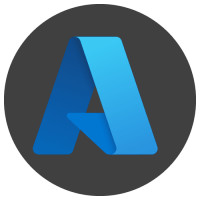Kaikki Azuren IoT-palvelut kuten IoT Hub, Azure Stream Analytics, Time Series Insights ja Device Provisioning-palvelut tulevat tutuksi. Sen lisäksi kurssilla tutustutaan myös IoT Edge-arkkitehtuureihin, sekä Azure Digital Twins ja IoT Central-palveluihin.
Koulutus valmistaa Microsoftin viralliseen sertifiointitestiin Exam AZ-220: Microsoft Azure IoT Developer. Suoritettava sertifointi on Microsoft Certified: Azure IoT Developer Specialty.
Kurssin kohderyhmä
Kurssin on suunnattu sovelluskehittäjille, jotka toteuttavat IoT-ratkaisuja.
Kurssin esitietovaatimukset
Kurssilla edellytetään perustason kokemusta ohjelmoinnista, esim. C#, Node.js, C, Python tai Java-ohjelmointikielillä. Lisäksi kokemus Azuren käytöstä ja hallinnasta on hyödyksi.
Tietoa koulutuksista
Luokkakoulutukset
Corellian koulutustiloissa:
Kalevankatu 9 A, Helsinki
Kiinnostaako asiakaskohtainen toteutus? Meillä onnistuu.

